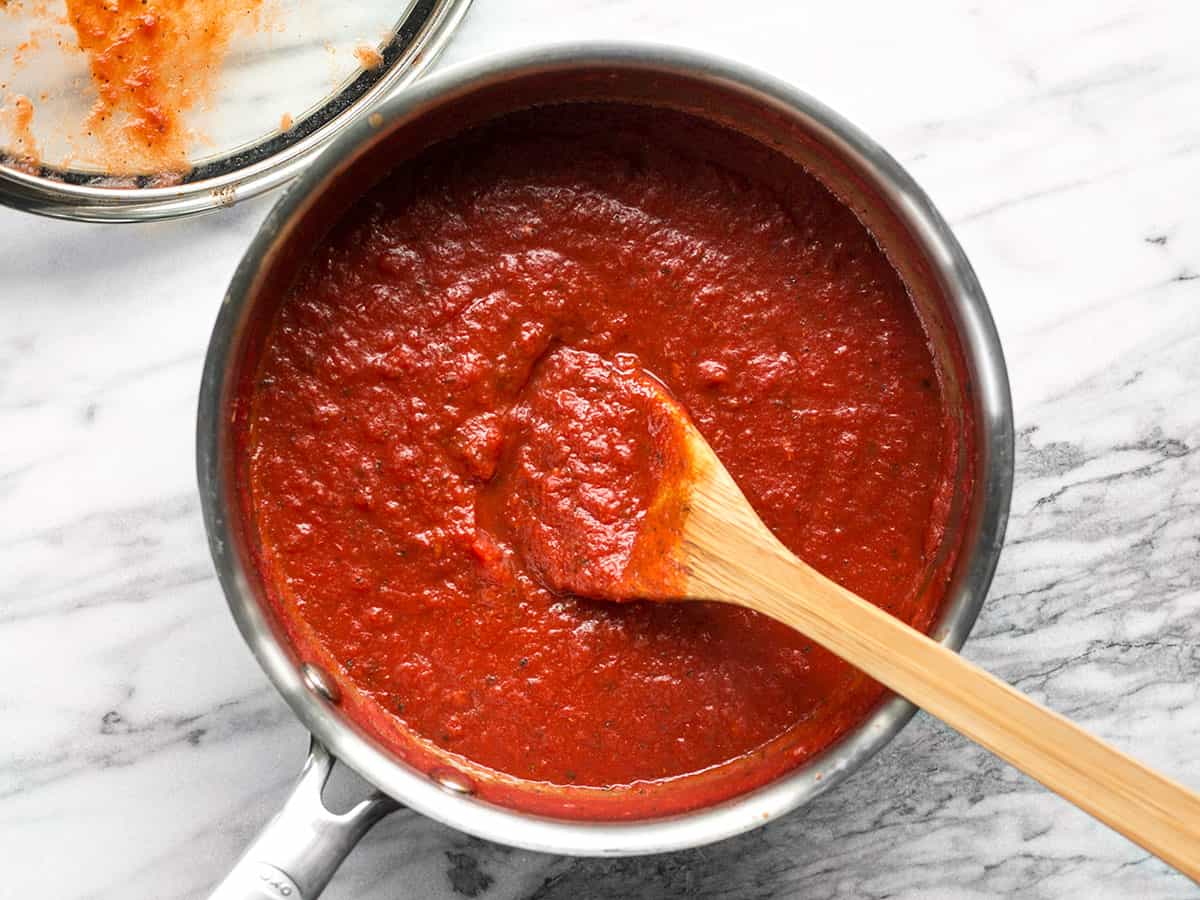

Articles
How To Store Pizza Sauce
Modified: December 7, 2023
Learn the best ways to store pizza sauce and keep it fresh for longer. Read our informative articles and become a storage expert today!
(Many of the links in this article redirect to a specific reviewed product. Your purchase of these products through affiliate links helps to generate commission for Storables.com, at no extra cost. Learn more)
Introduction
When it comes to making homemade pizza, the sauce plays a crucial role in delivering that perfect burst of flavor. Whether you’ve made a large batch of pizza sauce or have some leftover from a previous pizza night, it’s important to know how to store it properly to maintain its freshness and taste.
By following the right storage methods, you can ensure that your pizza sauce stays delicious for longer periods, allowing you to enjoy pizza whenever the craving strikes. In this article, we will guide you through the steps of storing pizza sauce, from choosing the right container to proper refrigeration and freezing techniques.
So, let’s dive in and learn how to store pizza sauce like a pro!
Key Takeaways:
- Store pizza sauce in airtight glass jars or freezer bags to maintain its flavor and freshness. Properly label containers with storage dates for easy identification and use within recommended time frames.
- Refrigerate pizza sauce at 35°F to 40°F for short-term storage, and freeze at 0°F or below for extended preservation. Thaw in the refrigerator for best results and avoid refreezing once thawed.
Read more: How To Store Spaghetti Sauce
Choosing the Right Container
When storing pizza sauce, it’s important to choose the right container to maintain its quality and prevent any unwanted flavors from seeping in. Here are a few container options to consider:
- Glass Jars: Glass jars are an excellent choice for storing pizza sauce. They are non-reactive and do not absorb odors, ensuring that the sauce retains its flavor. Opt for jars with secure lids to create an airtight seal and prevent any contamination.
- Plastic Containers: If using plastic containers, make sure they are food-grade and BPA-free. Look for containers with tight-fitting lids to keep air and moisture out, preserving the sauce’s taste.
- Freezer Bags: For space-saving and easy storage, you can also opt for freezer bags. Choose bags made specifically for storing food in the freezer, as they are more durable and less prone to punctures.
Regardless of the container you choose, ensure that it is clean and dry before adding the pizza sauce. This will help maintain its freshness and prevent any contamination.
Proper Storage Temperature
The temperature at which you store your pizza sauce plays a crucial role in preserving its quality. To keep the sauce fresh and safe to consume, it is important to follow the recommended storage temperatures:
Refrigeration: Pizza sauce can be stored in the refrigerator at a temperature between 35°F (1.7°C) and 40°F (4.4°C). This helps slow down the growth of bacteria and extends the sauce’s shelf life. Make sure your refrigerator is set at the appropriate temperature to maintain the freshness of the sauce.
Freezing: If you want to store pizza sauce for an extended period, freezing is an excellent option. Sauce can be frozen at a temperature of 0°F (-18°C) or below. Freezing helps preserve the sauce’s taste and texture, allowing you to enjoy it for several months.
It is important to note that storing pizza sauce at temperatures above 40°F (4.4°C) can lead to bacterial growth and spoilage, while temperatures above freezing can result in flavor degradation.
By following the recommended storage temperatures, you can ensure that your pizza sauce stays fresh and safe for consumption.
Sealing and Labeling
Properly sealing and labeling your pizza sauce containers is essential for both organization and maintaining freshness. Here are some tips for sealing and labeling your sauce:
Sealing: When storing pizza sauce, it is important to create an airtight seal to prevent air and moisture from entering the container. This helps to preserve the flavor and texture of the sauce. Make sure the lids of your chosen containers fit tightly and securely. If you are using freezer bags, squeeze out as much air as possible and seal them tightly.
Labeling: Properly labeling your containers is vital for easy identification and ensuring that you use the sauce within the recommended time frame. Label each container with the date of storage, as well as the contents. This will help you keep track of when the sauce was stored and avoid any confusion later on. You can use labels or write directly on the containers using a permanent marker.
By sealing your containers tightly and labeling them appropriately, you can maintain the quality of your pizza sauce and easily identify it in your refrigerator or freezer.
Refrigeration
Refrigeration is one of the most common methods used to store pizza sauce for short-term preservation. Here are the steps to properly refrigerate your sauce:
- Transfer the pizza sauce into a clean and airtight container. Ensure that the sauce is cooled to room temperature before placing it in the refrigerator.
- Seal the container tightly to prevent air and moisture from getting in.
- Place the container in the refrigerator at a temperature between 35°F (1.7°C) and 40°F (4.4°C). This temperature range helps slow down bacterial growth and maintains the quality of the sauce.
- Position the sauce towards the back of the refrigerator, away from the door, to ensure a consistent temperature.
When stored properly in the refrigerator, pizza sauce can typically stay fresh for up to 5 to 7 days. However, it is always best to check for any signs of spoilage, such as an off odor or unusual texture, before using the sauce.
Remember to tightly seal the container after each use to maintain the sauce’s freshness and prevent any contamination. Also, avoid using any utensils or fingers that may introduce bacteria into the sauce.
Refrigeration is a convenient method for short-term storage, allowing you to use the pizza sauce within a week while maintaining its taste and quality.
Store pizza sauce in an airtight container in the refrigerator for up to 5 days, or freeze it in an ice cube tray for easy portioning and use within 3 months.
Read more: How To Store Hot Sauce
Freezing
If you want to store pizza sauce for an extended period, freezing is an excellent option. Freezing helps to preserve the sauce’s flavor and texture, allowing you to enjoy it months later. Here’s a step-by-step guide on how to freeze pizza sauce:
- Transfer the pizza sauce into freezer-safe containers or freezer bags. Leave some space at the top of the container to allow for expansion as the sauce freezes.
- Seal the containers tightly or remove any excess air from freezer bags to prevent freezer burn.
- Label each container or bag with the date of freezing and the contents to easily identify them later.
- Lay the containers or bags flat in the freezer to maximize space and to allow for faster freezing.
- Keep the sauce in the freezer at a temperature of 0°F (-18°C) or below for optimal preservation.
When frozen properly, pizza sauce can be stored for around 3 to 4 months. After this time, the sauce may start to lose its quality, flavor, and texture. It’s best to use the sauce within the recommended time frame for the best results.
When you’re ready to use the frozen pizza sauce, simply take out the desired amount and thaw it according to your needs.
By following these steps, you can easily freeze pizza sauce and have it on hand for future pizza nights or other recipes.
Thawing and Reusing
When it comes to thawing and reusing frozen pizza sauce, there are a few methods you can use depending on your time and preferences. Here are some options to thaw and reuse your pizza sauce:
- Refrigerator Thawing: The safest method to thaw pizza sauce is by placing it in the refrigerator. Remove the frozen sauce from the freezer and place it in the refrigerator for several hours or overnight until fully thawed. This slow thawing process helps maintain the sauce’s texture and flavor.
- Water Bath Thawing: If you’re in a hurry, you can use a water bath to speed up the thawing process. Place the frozen sauce container or bag in a leak-proof plastic bag and submerge it in a bowl of cold water. Change the water every 30 minutes until the sauce is completely thawed. Be sure not to use warm or hot water as it can promote bacterial growth and compromise the sauce’s quality.
- Microwave Thawing: If you prefer a quick thawing method, you can use the microwave. Transfer the frozen pizza sauce into a microwave-safe dish and defrost it using the microwave’s defrost setting or at 50% power in short intervals, stirring occasionally. Be cautious not to overheat the sauce as it may lead to uneven heating and texture loss.
Once the pizza sauce is thawed, it is safe to reuse. You can incorporate it into your favorite pizza recipes, pasta dishes, or other culinary creations. Stir the sauce well to ensure an even consistency before using it.
It’s important to note that once you’ve thawed the sauce, you should avoid refreezing it. This can lead to a loss of quality and texture. Instead, use the thawed sauce within a few days and discard any excess that you don’t intend to use.
By following these thawing methods, you can safely and efficiently reuse your frozen pizza sauce without compromising its taste and quality.
Tips for Extended Shelf Life
To further extend the shelf life of your pizza sauce and ensure its freshness, here are some helpful tips:
- Proper Storage: Always store your pizza sauce in clean, airtight containers to prevent contamination and maintain its quality. Ensure that the lids or seals are securely closed to keep out air and moisture.
- Portion Control: Consider dividing large batches of pizza sauce into smaller portions before storing. This way, you can thaw and use only the amount you need, reducing the risk of wastage and allowing the remaining sauce to stay frozen for longer.
- Keep Track of Storage Time: It’s important to keep track of how long your pizza sauce has been stored, whether in the refrigerator or freezer. Label the containers with the date of storage to easily identify the oldest sauce and use it before moving on to the newer ones.
- Use Clean Utensils: When scooping out pizza sauce, always use clean utensils or spoons to prevent introducing any bacteria into the sauce. Avoid double-dipping to minimize the risk of contamination.
- Avoid Cross-Contamination: Ensure that the container or bag you use to store the sauce is clean and free from any contaminants. Avoid storing other food items directly on top of the pizza sauce to prevent flavors from mixing.
- Thaw Only What You Need: To avoid unnecessary thawing and refreezing, try to thaw only the amount of pizza sauce you’ll be using. This will help maintain the quality of the remaining frozen sauce.
- Regularly Inspect for Spoilage: Before using thawed or refrigerated pizza sauce, visually inspect it for any signs of spoilage, such as an off odor or mold growth. If you notice any changes in color, texture, or smell, it’s best to discard the sauce to ensure food safety.
By following these tips, you can maximize the shelf life of your pizza sauce and enjoy its fresh and flavorful taste for longer periods.
Conclusion
Properly storing pizza sauce is essential to ensure its freshness and taste for future use. Whether you’re storing leftover sauce or making a large batch for later, following the right storage methods can make a significant difference in preserving its quality.
Choosing the right container, sealing it tightly, and labeling it correctly are crucial steps in maintaining the sauce’s freshness. Additionally, refrigeration and freezing can both be effective methods for short-term and long-term storage, respectively.
When it comes time to thaw and reuse your pizza sauce, consider the various methods available, such as refrigerator thawing, water bath thawing, or microwave thawing, depending on your time constraints.
Lastly, incorporating some tips like portion control, regular inspection for spoilage, and keeping track of storage time can further extend the shelf life of your pizza sauce.
By following these steps and guidelines, you can ensure that your pizza sauce remains delicious and ready to enhance your homemade pizzas or other dishes whenever you desire. So, don’t let any leftover pizza sauce go to waste – store it properly and savor the flavors for later enjoyment.
Frequently Asked Questions about How To Store Pizza Sauce
Was this page helpful?
At Storables.com, we guarantee accurate and reliable information. Our content, validated by Expert Board Contributors, is crafted following stringent Editorial Policies. We're committed to providing you with well-researched, expert-backed insights for all your informational needs.


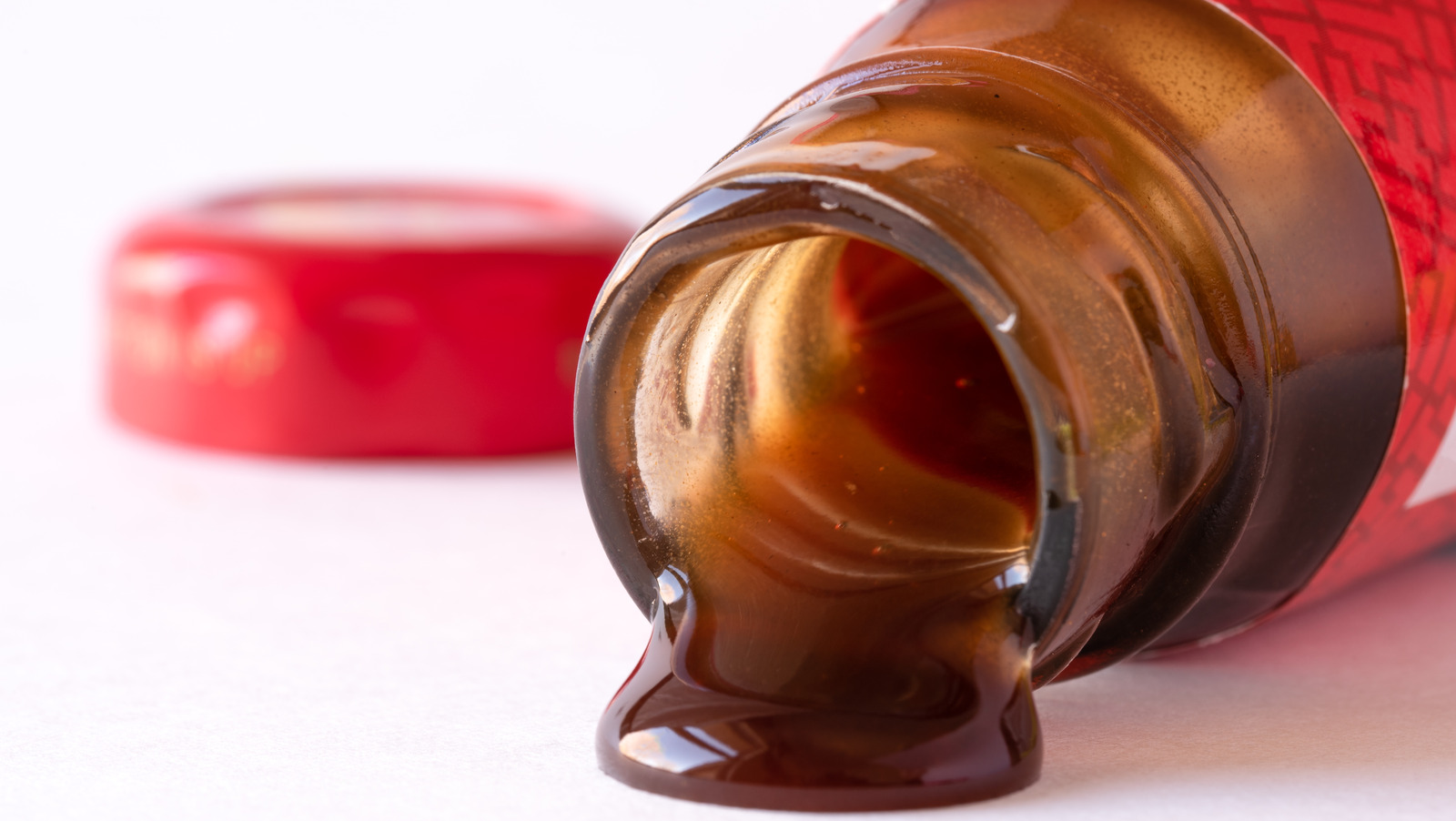
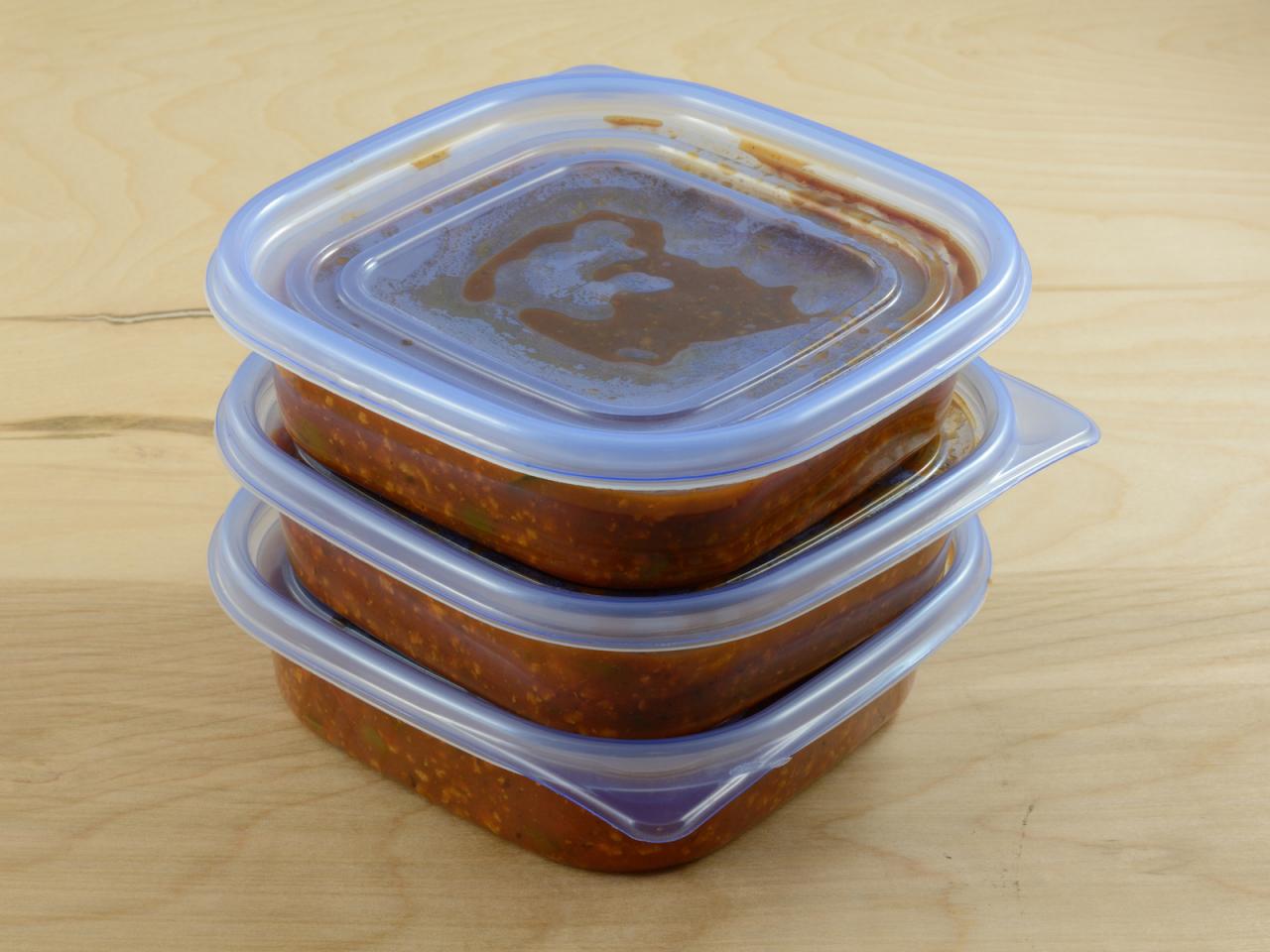
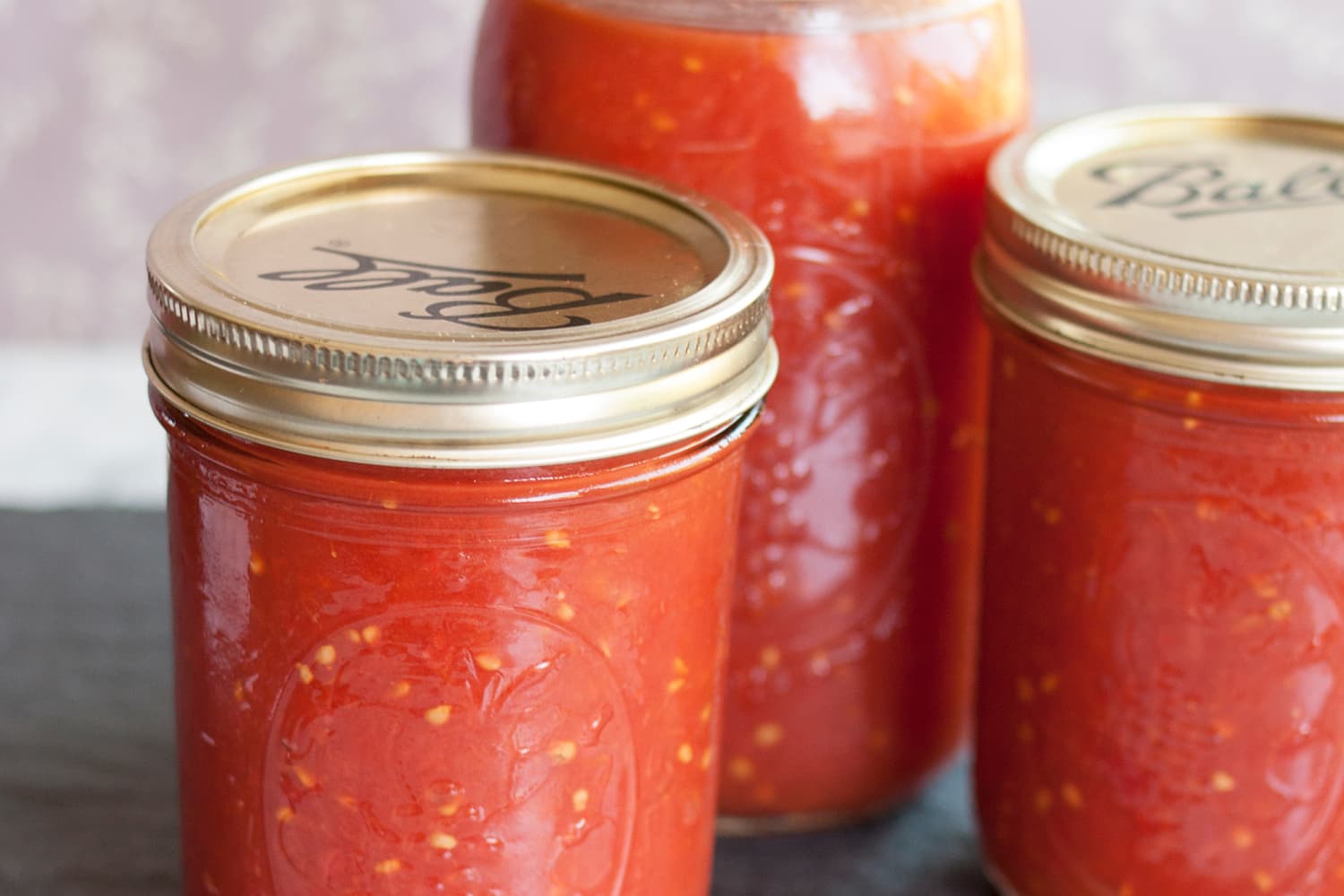
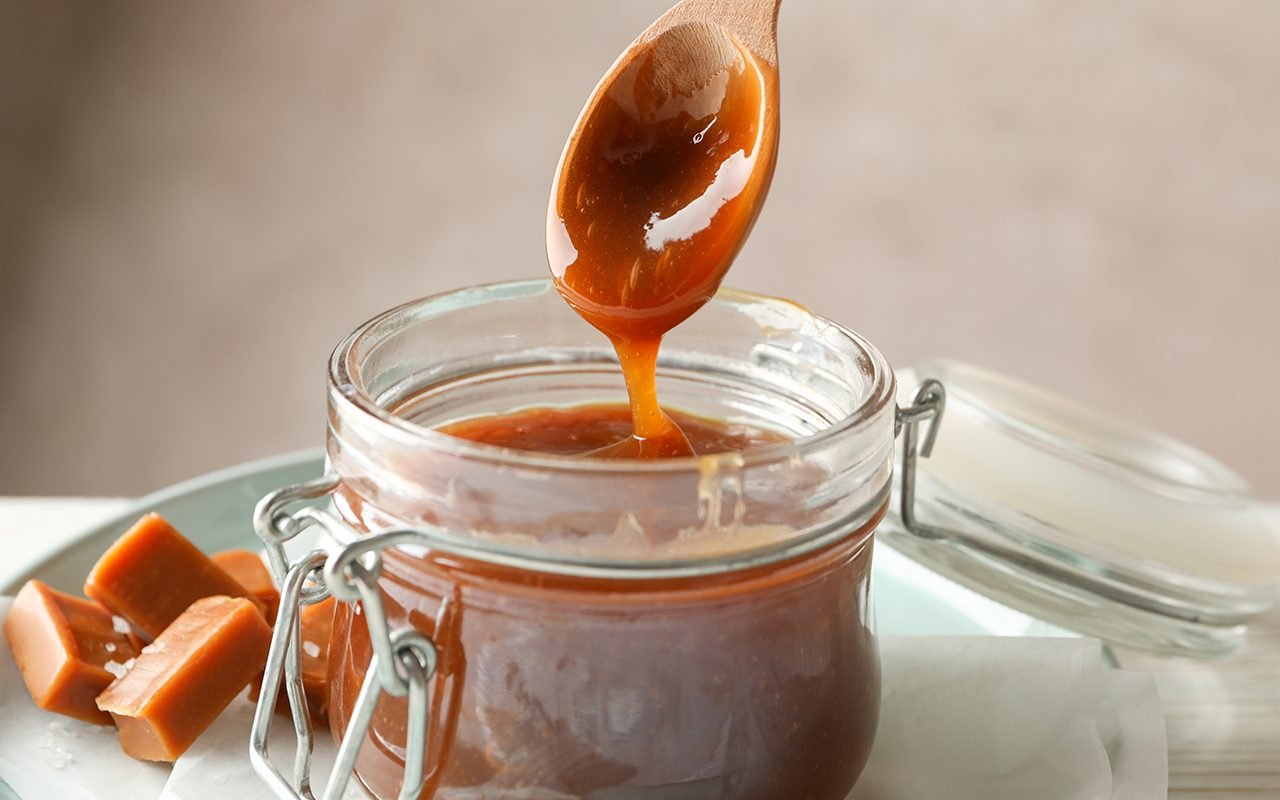
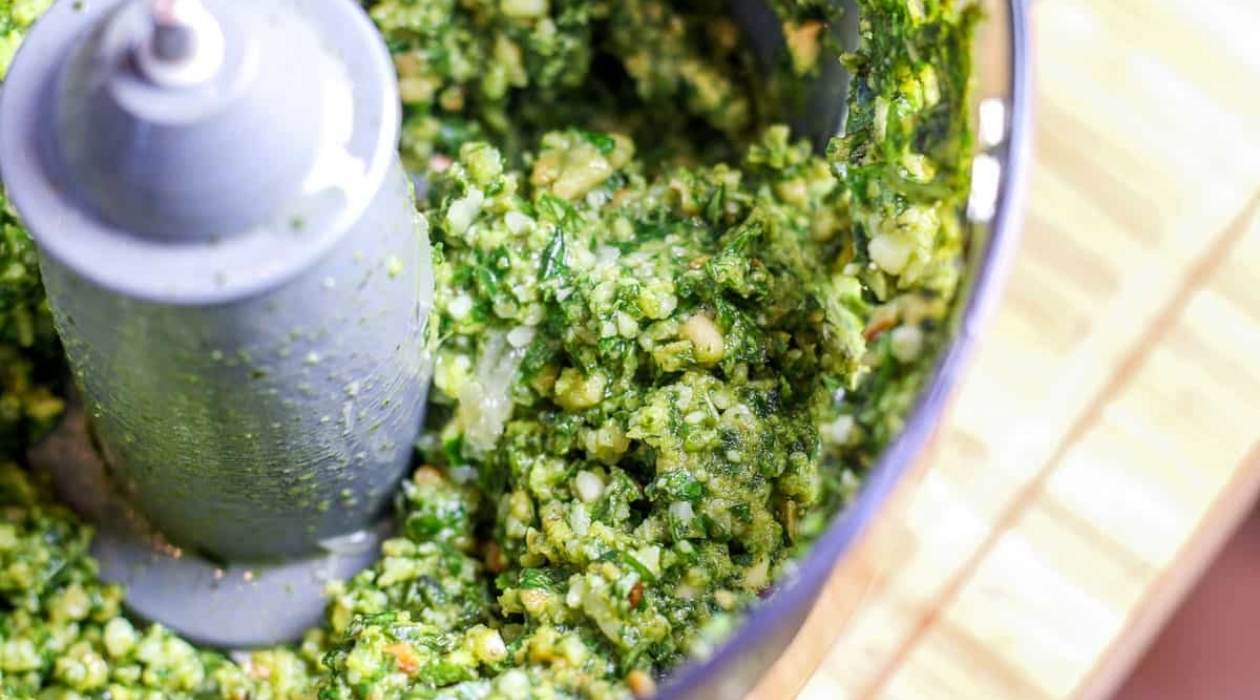


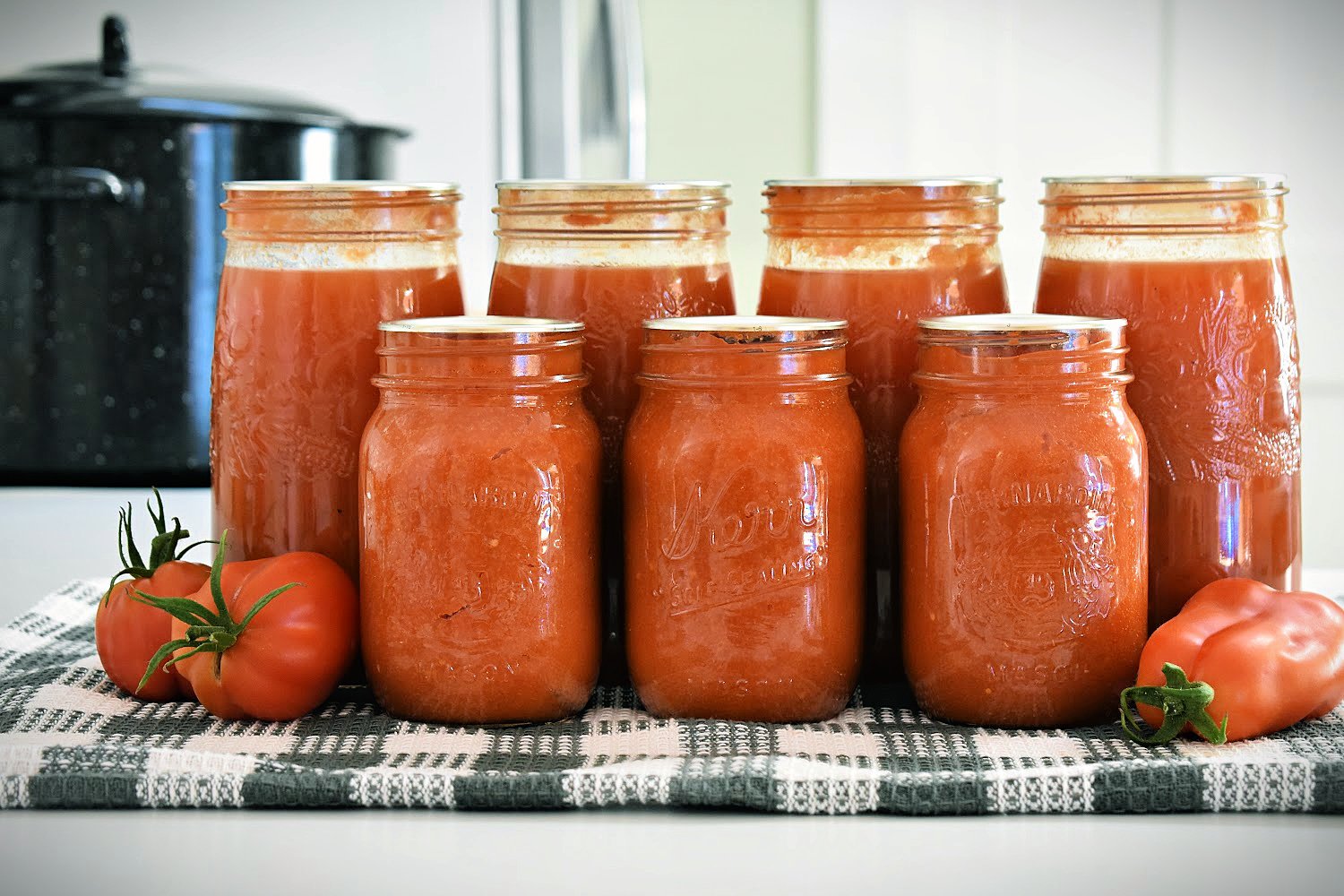
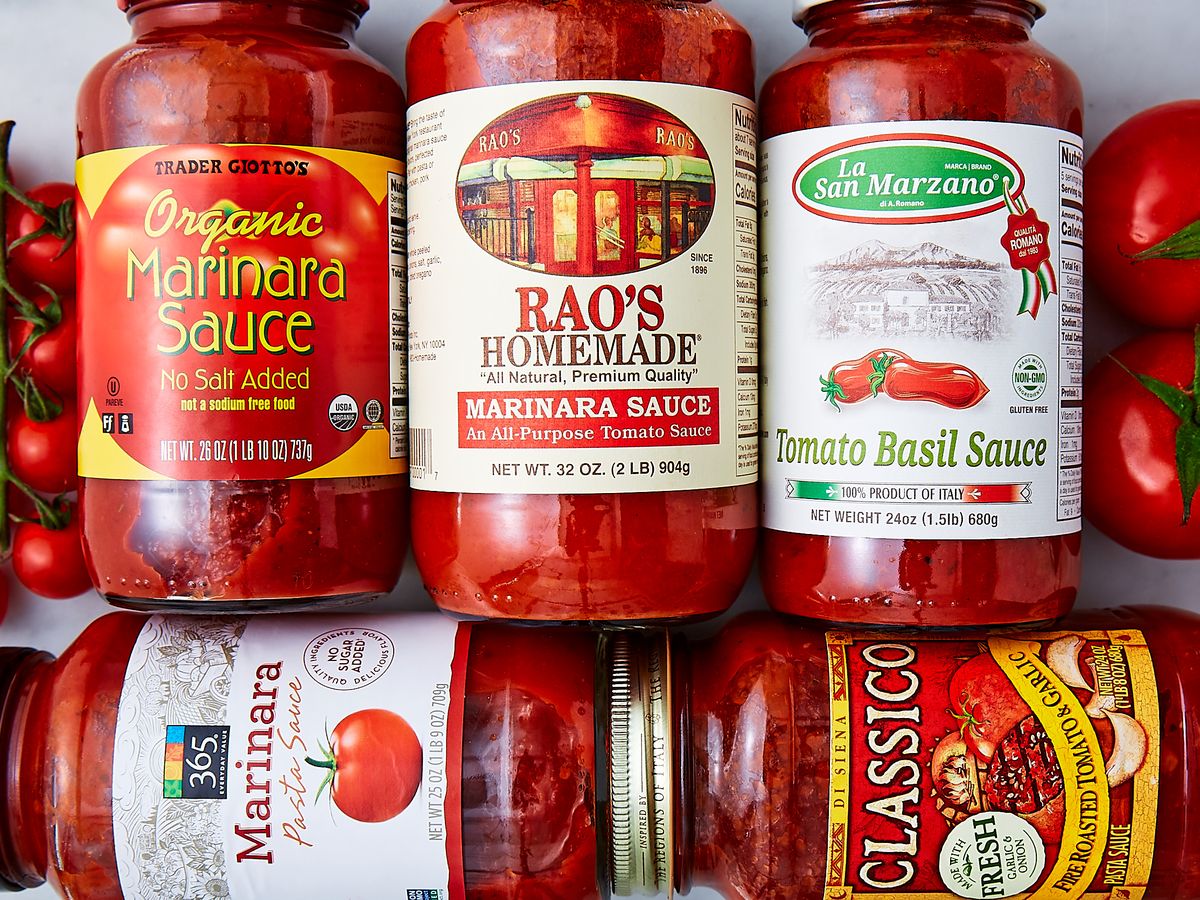
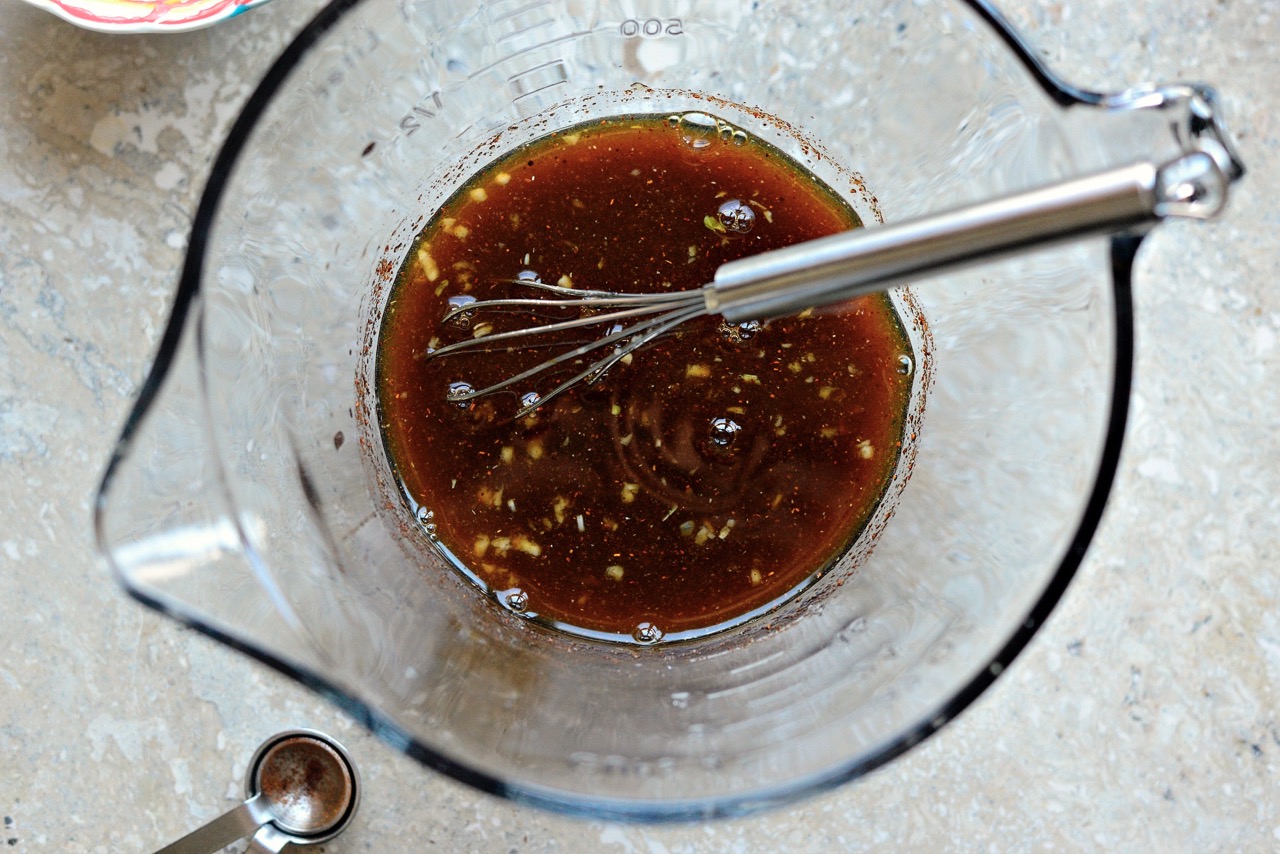
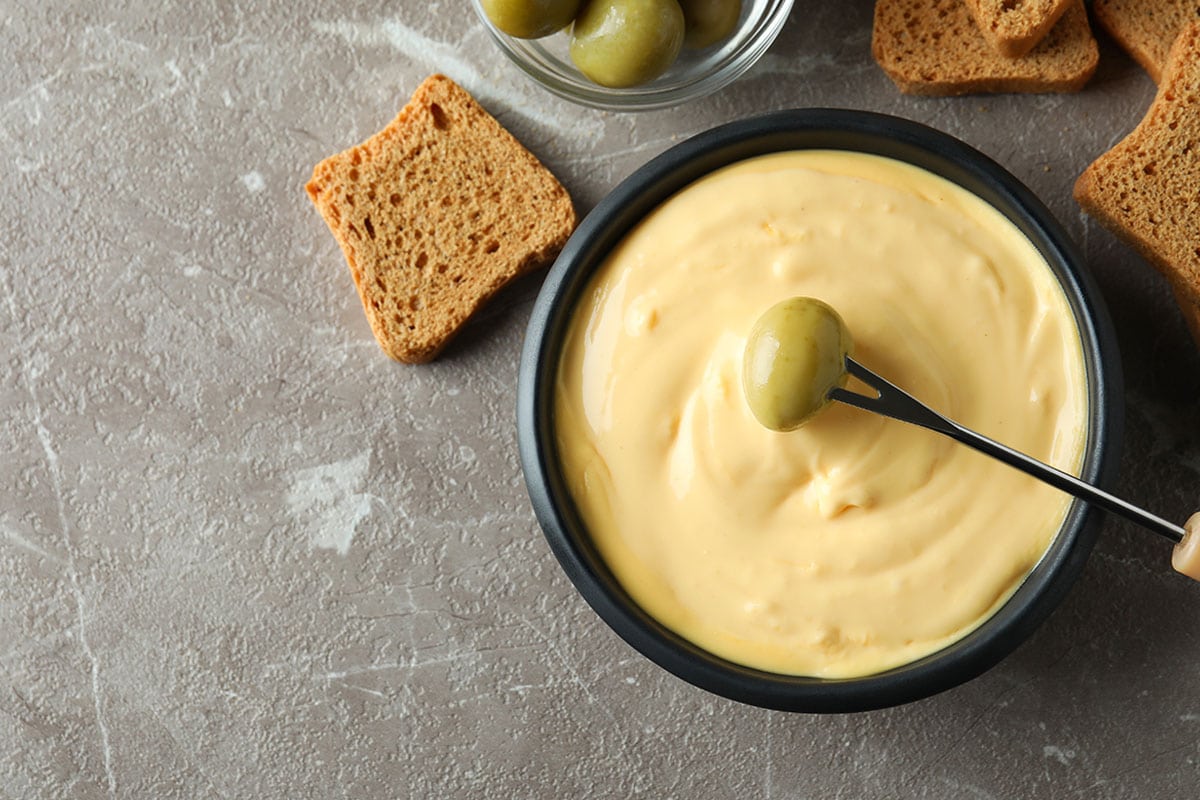


0 thoughts on “How To Store Pizza Sauce”